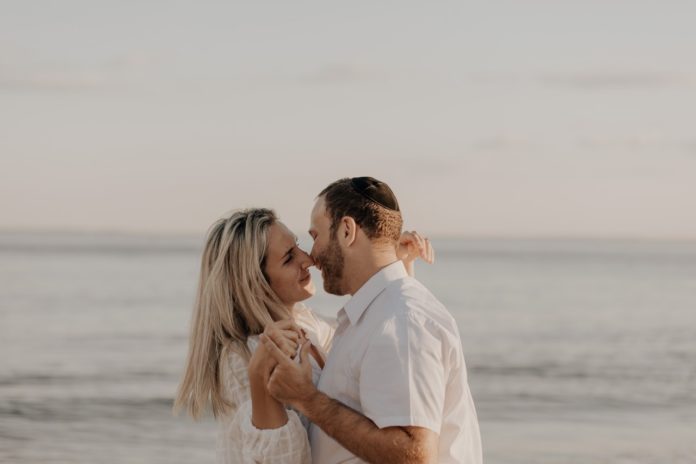We call them “adult” relationships for a good reason. Because these are the relationships, we enter and commit ourselves to when we grow up.
Therefore, what can be contradictory is that couples who are deeply in love often behave babyish with each other. For a start, we might want to call our partner ‘baby’ and ‘poppet.’ We might speak in the high register with a slightly younger voice. We can buy them a furry giraffe, and our partner can buy us an equally adorable stuffed version of a golden retriever. And both pets can play with each other or even kiss when they are sad.
Some people might think of it as highly unfortunate and regressive. However, doing this would be overlooking how much adult love inevitably rests on the foundations laid in our childhood. So when our love life goes well, it shares some features with better times of our past or childhood.
To be “babyish in love” is to experience the deepest level of intimacy and trust possible for a couple. You are each other’s “soft place to fall”, all the masks have been removed, all the layers of protection are gone, and you are completely vulnerable and free again. The level of trust is so high you never have to second guess one another’s intentions. You no longer play games of emotional chess. Snuggling, holding hands, sharing items, heart-to-heart talks, and calling one another pet names comes easily. You delight in surprising and pleasing one another.
It is not a sign of stupidity when we indulge in a baby talk with our loved ones. Instead, it is proof that we have found our way back to the vulnerability, defencelessness, and need we once knew as a child. Whether we are mature lawyers, senior cardiac nurses, or big-name venture capitalists, we need to reconnect with this vulnerability of our childhood to have a chance at love.

Being babyish in love is important because it is evidence that you are loving truly with the innocence of a child. Portraying infantile behaviors in a relationship shows that you have connected with your inner child, who is pure and vulnerable. Adult relationships can be challenging with many complex attitudes and understanding, so being babyish is necessary to express your vulnerabilities and defenselessness as a sign of trust to your partner.
Emily Cauldwell, Founder of Race Across USA, says, “ If you’re just starting out, then it might be a good idea to act like a baby – after all, you want to do everything you can to make your partner feel comfortable and happy. On the other hand, if you’ve been in a relationship for a while, then it might be time to start acting more like an adult.
There are a lot of benefits to being babyish in love. For one, it can help you to feel more connected to your partner. When you’re acting like a baby, you’re opening yourself up to new experiences and emotions, and that can help to strengthen your relationship. Additionally, being babyish in love can help you to feel more comfortable and relaxed around your partner. This, in turn, can make your relationship more enjoyable.”

We can question those who seem too keen to write off the sentimental child-based play as “babyish.” We can explore how difficult it is for them to be seen as vulnerable. True maturity does not mean destroying all evidence of weakness or immaturity. It means being able to mother or father the younger self of our partner and allow them to do likewise to us.
The owner and CEO of Veryinformed, Oberon Copeland, weighs in saying, “For one, it can help to keep the flame of love alive. When you act like a child, you tend to be more playful and open-minded, which can make your partner feel more loved and appreciated.
It can also help to build trust and intimacy, as being babyish requires being vulnerable and trusting your partner to take care of you. Furthermore, being babyish can make the relationship more fun and exciting, as you’re always learning new things about each other. So if you’re looking for ways to keep the spark alive in your relationship, try being a little bit more childlike in your approach to love.”
Only real adults know how to play and love with the authenticity and uncensored frankness of a three-year-old.


